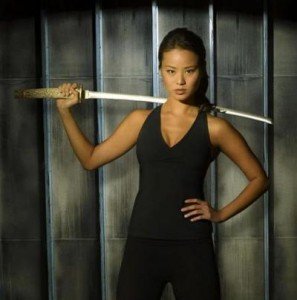I’m in the enviable position of living in one of the last places on the globe to celebrate the end of the day, so I can amuse myself watching the new year tick over every where else. Although actually I spent much of the day traveling, and am now home.
I have little to say about 2011 except that it was a very hard year in several ways, mostly to do with a death in my extended family (not in my immediate nuclear family, I hasten to add) but also to do with some other things. My confidence was badly shaken for reasons I’m unlikely to discuss except to say that, in writing terms, as common as it is to cycle between peaks of triuumph and troughs of despair, it is (unfortunately) a not uncommon part of the longer term (across the years) writing process to hit greater than normal chasms on occasion triggered by any number of things. It’s okay. It happens. The hard part is to dig out and keep going.
So I resolve to not be silenced by anxiety and doubt in 2012. Or, to put a positive spin on it: I resolve to trust in my own voice. And I hope that for you, as well: May 2012 be a year where you can speak in one form or another with a strong, true voice.
I hope also for a generous heart, and for good health, for all, as far as that can go, for these are no little things.
It can be so hard sometimes.
But to quote one of my favorite writers, Tricia Sullivan:
We must press on.
So here’s to a new year of pressing on resolutely.
I leave you with a link.
My sister gave me a CD of a local Eugene (out of Montana) folk group. Well, you know, local folk groups. This could go any way at all. But I trust my sister’s musical tastes, and indeed, Betty and the Boy is a fabulous and wonderfully interesting duo with some lovely melodic work.
Here’s “Moth to a Light”






